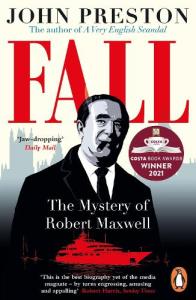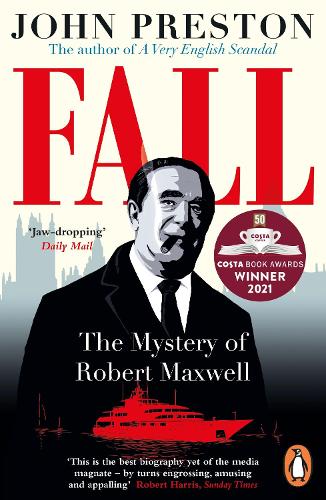January 23, 2022 · 2:15 p.m.
Empire of Pain by Patrick Radden Keefe She won the Baillie Giffard Award for Nonfiction last year and explores the history of the three generations of the Sackler family. Radden Keefe is a journalist for the New Yorker and developed from the Empire of Pain itself Article 2017 About Sacklers. The name Sackler is mostly associated with philanthropy. Many universities, museums and galleries have family names on their wings to recognize the great donations they have made to the arts and sciences. However, Sackler’s recent role in the development of the highly addictive drug OxyContin in 1996 and the subsequent U.S. opioid crisis has recently been examined.
The first part of the book is a biography of the first generation of Sackler, Arthur and his younger brothers Mortimer and Raymond, who trained as doctors and later owned the pharmaceutical company Purdue Pharma, who made a fortune selling Valium. The second part examines in more depth how Purdue Pharma works and how Sacklers made sure that addictions were presented as a problem and denied personal responsibility for the opioid crisis. That is, despite the fact that the dangers of using OxyContin were proven to be known early on, and the Sacklers were pioneering aggressive methods of direct sales to physicians that were so enriching. The final section explores the various issues that Purdue Pharma has had to date and examines how the second and third generations of Sackle manage their family heritage (not very well).
In addition to winning prestigious book awards, ‘Empire of Pain’ has received what I believe is one of the fewest awards in the world of literature: in Private Eye magazine, its book section is a completely positive critique that is often kept for hatch works. It’s a unique piece of non-fiction research narrative and a rigorously researched and lightly written narrative of corporate insanity. I will definitely be looking for Radden Keefer’s book ‘Say Nothing’ about the problems in Northern Ireland.
 The Baillie Giffard Award Jury recognized another excellent book on corruption last year John Prestonen Fall he also won the Costa Biography Award earlier this month and recounts the life of the publishing magnate and scammer Robert Maxwell. Jan Hoch was born in Czechoslovakia in 1923 and was killed by several members of his family during the Holocaust. Settling in England after World War II, he was a Labor MP for Buckingham from 1964 to 1970, and later owned several publishers and newspapers, becoming a billionaire media mogul and a prominent rival of Rupert Murdoch.
The Baillie Giffard Award Jury recognized another excellent book on corruption last year John Prestonen Fall he also won the Costa Biography Award earlier this month and recounts the life of the publishing magnate and scammer Robert Maxwell. Jan Hoch was born in Czechoslovakia in 1923 and was killed by several members of his family during the Holocaust. Settling in England after World War II, he was a Labor MP for Buckingham from 1964 to 1970, and later owned several publishers and newspapers, becoming a billionaire media mogul and a prominent rival of Rupert Murdoch.
The subtitle of the book is “The Mystery of Robert Maxwell,” and there are certainly many here. Maxwell gave several conflicting accounts of his past including how he escaped from the Nazis. It took many people before the name Robert Maxwell was established and is likely to be involved in espionage activity. His behavior with his wife Betty and their children was often cruel and manipulative. Most striking of all is the circumstances surrounding his death, which have never been fully explained, when Maxwell’s body was found floating in the water near his sailboat in late 1991. It was not until the months following his death that it was revealed. Maxwell stole millions of pounds from his company’s pension funds. Thirty years later, Preston is doing an excellent job of clarifying the many contradictions of the nature of the horrible errors that are greater than the life of his subject and in a compelling and fascinating account.
Filed under Books
